

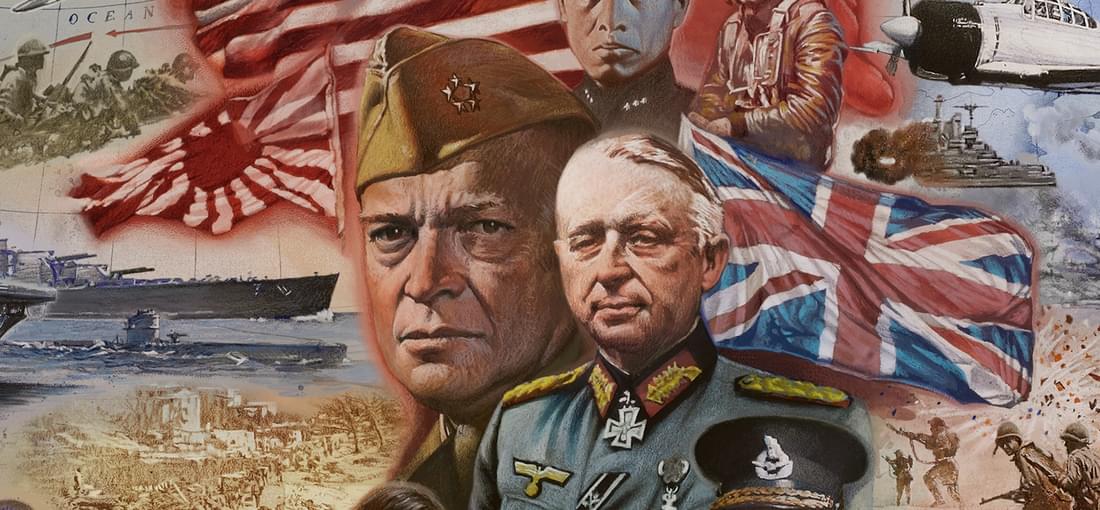
I came to GOG looking for the 1998 PC version of Axis & Allies or its sequel, Iron Blitz. (The acronym used to mean "Good OLD Games," after all!) Instead, I found this more recent version. And I'm totally hatin' on it. The user interface is just awful. It took me forever to figure out basic actions like placing troops in the deployment phase, and I still don't understand how to use transports properly or lead my troops in battle during an opponent's turn. (I just click around until the battle resolves without my input.) Okay, maybe I should just watch a tutorial, ha. Or maybe a simple game like "Axis & Allies" should be designed in an intuitive way that doesn't totally befuddle someone who has played the board game and the 1998 adaptation about 1,000 times. This version suffers badly from having tiny units, a weird-looking map, and pointlessly complicated controls. It also moves very slooooowly on my computer, which handles much more advanced games without a problem. The AI's turns take approximately 50 years. Finally, I gather that the board game itself has become more complex since 1998. There are now more units, more territories, and more things to keep track of - more headaches, in other words. Axis & Allies is NOT a deep strategy game and should remain as streamlined as possible. Making it more complex and slower to play achieves nothing good, in my view. I actually had more fun watching some random guy play the 1998 version on YouTube. And I don't even particularly like watching other people play games.
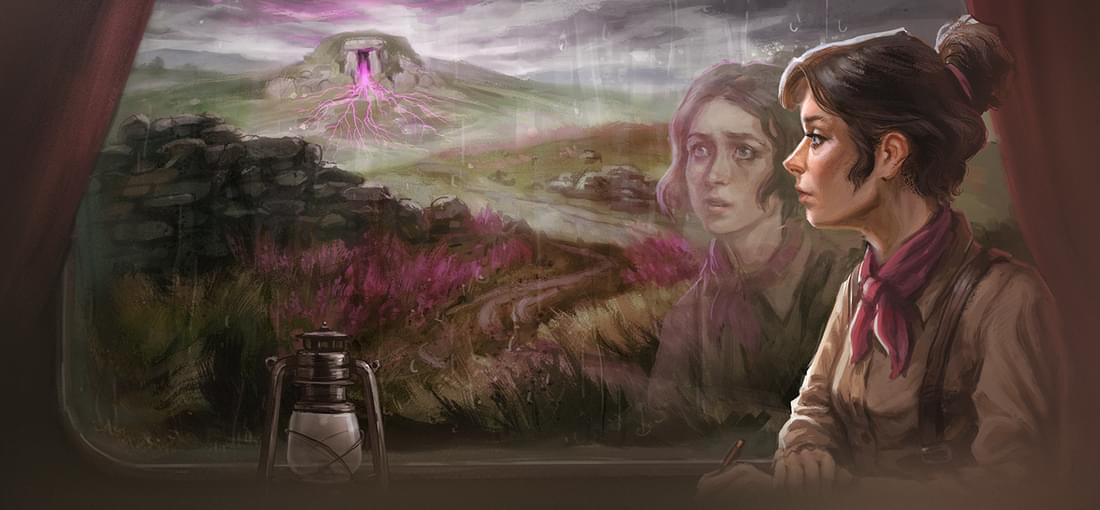
I'm the perfect audience for The Excavation of Hob's Barrow, because my favorite childhood hobbies were playing point-and-click adventure games and watching folksy British horror movies. And here we have a game that marries those two hobbies in very interesting ways. Without giving too much of the plot away...the main character is an archaeologist who is determined to open a sealed burial mound that has a bad reputation among the local villagers. The mound is supposedly cursed, but our stalwart protagonist is a rational person and doesn't believe in curses. "Hogwash," she replies, whenever one of the villagers warns her not to interfere with Hob's Barrow. This plot is great fun, but it's also quite stereotypical. It reminded me of The Wicker Man, Lair of the White Worm, Doctor Who and the Daemons...yes, it's pretty much a greatest-hits compilation of U.K. horror classics. But on the whole, I don't mind that the storyline is derivative - it's actually fun to recognize the various influences. Also, the dialogue and characterization are strong and give the game its own identity. The retro graphics are okay, but the misty moorland setting gets quite drab and colorless after a while. I also regretted the lack of character portraits, which I think are important in largely dialogue-based games. The puzzles are mostly good and not too hard to figure out, though they get a bit frustrating in the late stages. For me, the game's real weakness is that the protagonist is stubborn and not as savvy as you, the player. YOU know that bad, dark-magic stuff is going on in this town, but you're playing a tiresomely rational person who keeps ignoring the danger and blundering into bad situations. I wish you had more agency and could actually impact the plot - but no, you're essentially on a fixed course, The game cries out for multiple endings but alas doesn't have them. (I'd even take multiple sad endings!) It's still good, though; a 3.5 rounded up for its style and commitment.
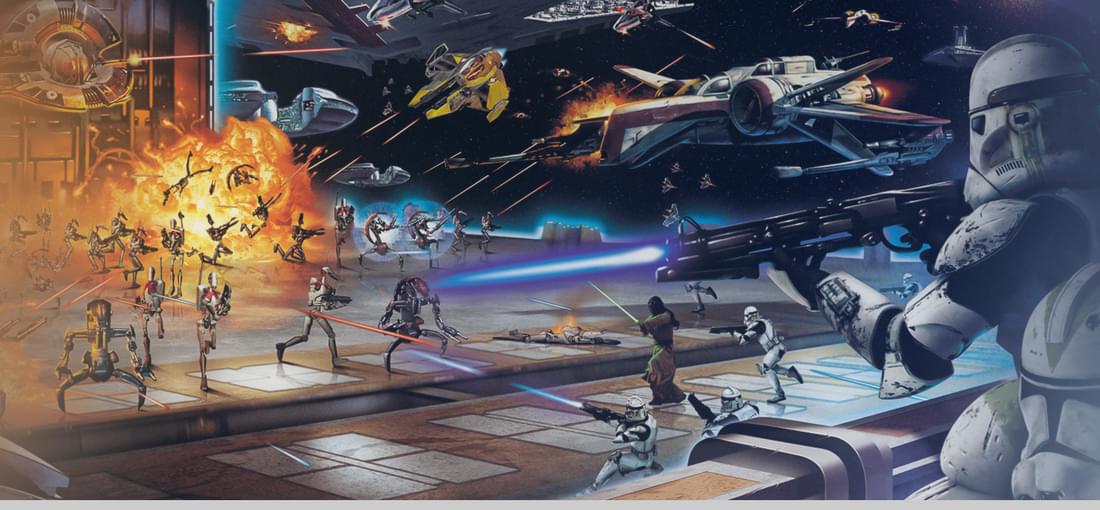
Battlefront 2 is one of the most entertaining (yet annoying) games I’ve ever played. The action is fast and furious, and the music makes it feel like you’ve been dropped right in the middle of a Star Wars movie. It also has plenty of variety - thanks to a wide range of maps, two eras (the prequel and original trilogies), and multiple character classes to play. It’s not perfect though. If you play single-player, you will soon notice that the AI is mediocre. I have often observed both friendly and enemy units standing idle, or running around in circles, or otherwise doing nothing helpful. An experienced player will shred through AI units with almost no trouble at all. That leaves multiplayer, which is cool but problematic. If you’re new to the game, you will get clobbered by much more experienced human players, who have no qualms about killing you 10 times in a row using the meanest tactics they know. Newbies beware, in other words. The game’s balance issues also become more apparent in multiplayer. For example, units with jet packs are almost comically overpowered - Dark Troopers can drop out of the sky and kill you with a single shot, which doesn’t feel right. Most vehicles are overpowered, too (except AT-ATs, which are weak for some reason). Meanwhile, heroes seem very threatening at first, but can be easily beaten once you figure out a few tricks. On the whole, I enjoyed this game…for a few months. But I deleted it in frustration after encountering one too many almost-unbeatable experts on multiplayer (some of whom are clearly exploiting bugs - I got shot through walls sometimes!) It’s fun and frustrating at the same time - and probably best reserved for veteran players who figured out all its tricks in 2005.
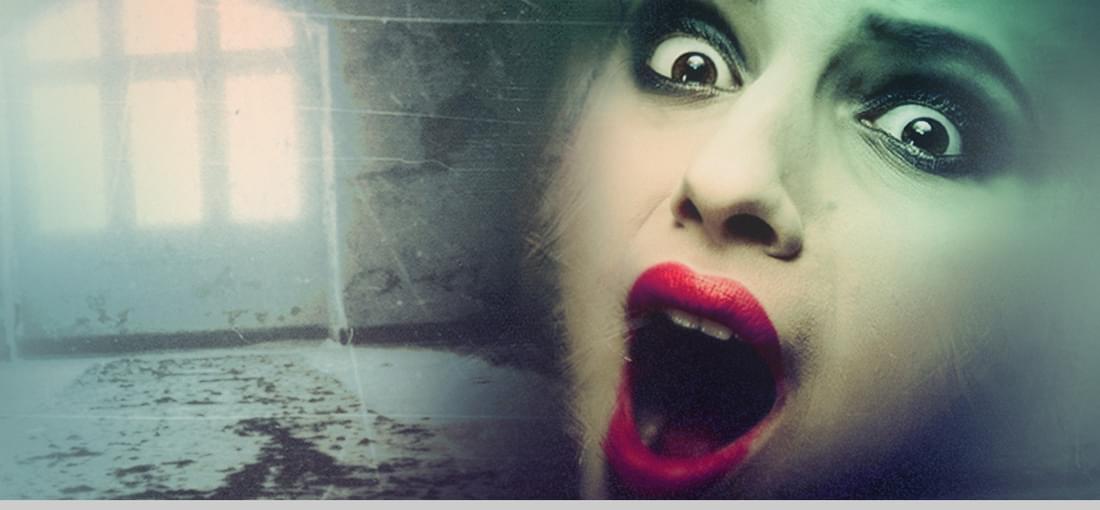
I love Sierra adventure games from the 1990s, but it's a sad fact that the company's most popular and best-selling titles were also their worst ones. Case in point: Phantasmagoria, which received a ton of press coverage back in 1995 for its controversial content and sold like hotcakes. In fact, it considerably outsold Sierra's other full-motion video product, Gabriel Knight: The Beast Within. That has to be one of gaming's greatest injustices, since Gabriel Knight is superior in every conceivable way. So what's wrong with Phantasmagoria? Let's start with the cliched "married couple moves into a haunted house" plot, which will have you screaming "just get out of there!" at the stupid characters as you would in any B-grade horror movie. Other problems include the game's almost universally bad acting, thin character development, and ugly outdated graphics that have aged much worse than older, simpler games. The production design is also ridiculous; the haunted mansion is a gaudy nightmare of clashing architectural and decorative styles that no sane person would ever consider living in. It's also big enough for an army, let alone a single couple. In defense of the game, I'll admit that it looks big-budget; Sierra blew millions on this silly junk, while keeping Quest for Glory and poor Gabriel on tight budgets (comparatively speaking). Some of the makeup and special effects are pretty good, but they're also quite gross; this is definitively more of a grindhouse horror movie than an arthouse one. Another arguably positive point is that the game has a simple interface and fairly easy-to-solve puzzles. Some reviewers complain about this, but since the game was clearly intended for entry-level players, I think you have to accept its simplicity as part of a deliberate design and not sweat it too much. If only it were any good! I love horror, and I love Sierra, but I don't love this. In fact, Phantasmagoria is tacky enough that I'm slightly sorry it even exists...
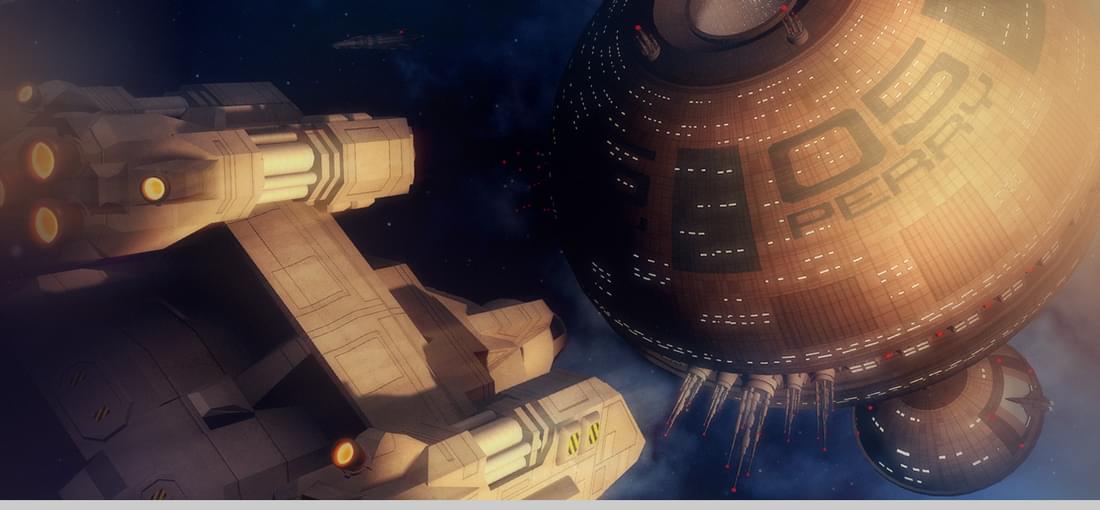
Privateer has a great premise. You play a space pilot with the complete freedom to explore the universe and do whatever you want. You can assume the role of a ruthless pirate, or a bounty hunter, or a simple merchant who avoids combat and hauls goods from planet to planet. You accept only those missions that interest you, reject the ones that don't, and generally act as your own boss. Sounds terrific, right? In theory. Alas, in practice the "freedom" that Privateer offers is very limited. Yes, you're free to explore a vast universe - but most of the destinations you visit look the same, feature the same handful of locations (bar, shipyard), and are populated by the same boring stock characters. Who knew that 500 identical bartenders are scattered throughout the galaxy, talking boring nonsense on countless worlds? Your career choices are limited, too. No matter what, you're going to end up engaging in lots of space combat (this is a space combat simulator, after all). While there is some attempt to vary your missions, you pretty much always end up in a fight - so is there variety, really? I guess the merchant has a different gameplay experience, but who wants to play a space trucker? It doesn't help that the game is very tough. Your starting spaceship is garbage, and easily destroyed. You need to purchase many, many upgrades (new guns, new engine parts, new shields, a jump drive, etc.) and they're hard to afford, unless you go on dozens of missions and save up your meager pay. As others have observed, the gameplay is very "grindy." I don't want to complain too much, because I do like some aspects of the game. It's very satisfying to purchase major upgrades for your ship, and starting kicking enemy butt with your new toys. But, for my taste, the game is simply too hard and paced too slowly to be 100% enjoyable. It's great, but only if you have the patience and inclination to undertake dozens of nearly identical missions and climb the ladder very, very slowly.
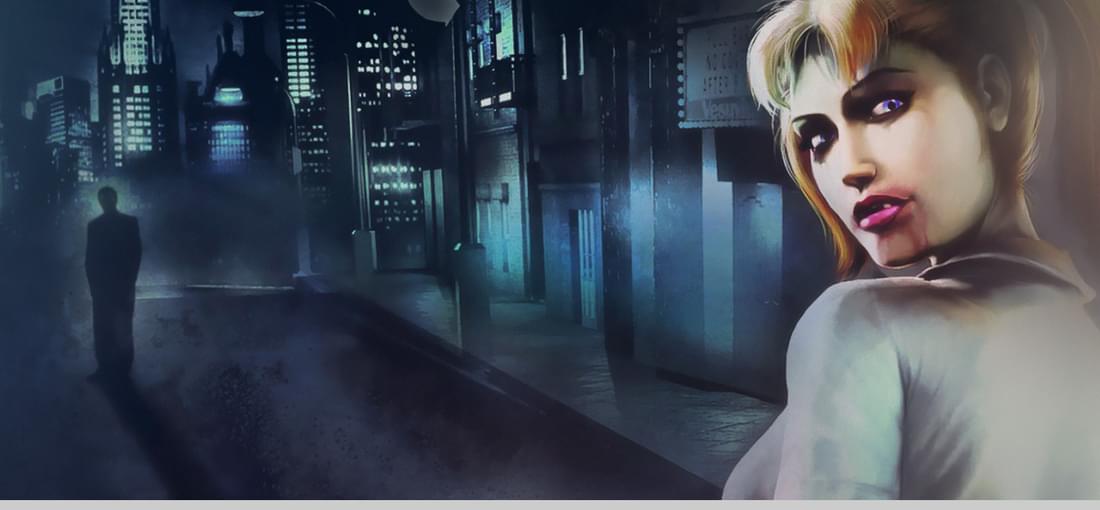
I bought Vampire: Bloodlines because...I love vampires. Also, it has a great rating on GOG. But I ended up feeling disappointed. This game basically consists of running errands for more powerful vampires. "Go here and do this," say the powerful vampires, and you run around like their pet, fetching items and killing people for them. Your character doesn't have an independent agenda - at least not for the entire beginning of the game - and you have little freedom to do anything but run the errands. It's tedious. Another problem is that the vampires essentially function as gangsters, engaged in lame turf wars. For example, your first assigned task is to blow up a rival vampire gang's warehouse. How petty is that? Not exactly what I would choose to do, if I became one of the immortal Lords of the Undead. Really, this is just Grand Theft Auto with fangs - the vampire stuff is almost irrelevant. While the game has nice graphics and atmosphere, I don't like its aesthetic (goth, rather than gothic; also, relentlessly bleak). Most of the characters are ugly, annoying or both. And while the dialogue has been praised in some reviews, I found most of it to be purely functional ("go fetch me this thing"). On the rare occasions when the script attempts characterization, it's cliched and trite. Two other big problems: the clunky combat system consists of randomly flailing around, and the 3D engine is buggy. Sometimes, a character will get frozen in mid-air while moving, or start doing a weird jig for no reason. Even when things aren't glitching, characters seem to float through the 3D environment rather than actually inhabit it. In spite of these problems, I had a few laughs with the game, and was just engaged enough to complete several dozen mini-missions and tasks. Then I got bored and watched the end on YouTube (and it was bad). Bloodlines has its good points, but seems quite overrated on GOG. But if goth vampires are your thing, you may have a better time with this one.
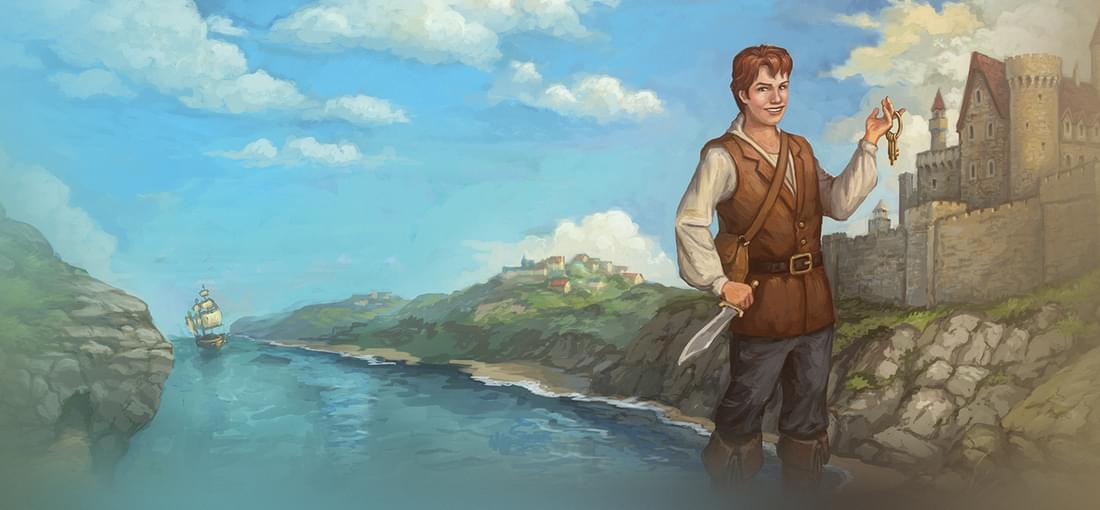
I grew up playing Sierra's adventure games, and they have a special place in my affections. I love the Quest for Glory series, in particular; so naturally I was curious to check out Hero U, which has the same designers. Let's start with positives. Hero U is fun and addictive. It has likable characters, cool retro art, and a charming sense of humor that sets it apart from more macho games. I enjoyed building up my hero's stats, and watching him grow from wimp to powerhouse -- a feature Hero U shares with Quest for Glory. The gameplay environment is large and invites you to explore, make hard choices, and experiment with several different approaches to problems. It's an immersive game, and will reward re-plays. Now for the bad news. Hero U suffers hugely from the lack of a strong villain. Remember Baba Yaga, Ad Avis and Katrina from Quest for Glory? Yeah, they're not in this. Instead, you get to fight a bunch of giant rats and floating skulls. The lack of a central villain is a particular problem during the climax, which falls flat. I also disliked Hero U's school setting. Quest for Glory was all about exploring rich fantasy worlds with their own mythology and history -- a small Eastern European town besieged by vampires, an Arabian Nights setting, etc. But Hero U just takes place in a school, a boring old school. Get ready to attend classes and take a bunch of tests. Get ready to run down endless corridors and never see the outdoors, ever, in the whole game. At its worst, Hero U gets bogged down in dreary routine and dull locales, and the linear plot forces you to play at a snail's pace. This is a shame, because Hero U is clearly a labor of love and it's really not a bad game. In fact, it's better than I expected -- to be honest, I thought it looked bad from the Kickstarter campaign! I never liked the concept, so it was always going to be a hard sell for me. But, as a longtime QFG fan, I feel that it's worth playing. Just don't expect to relive the good old days.
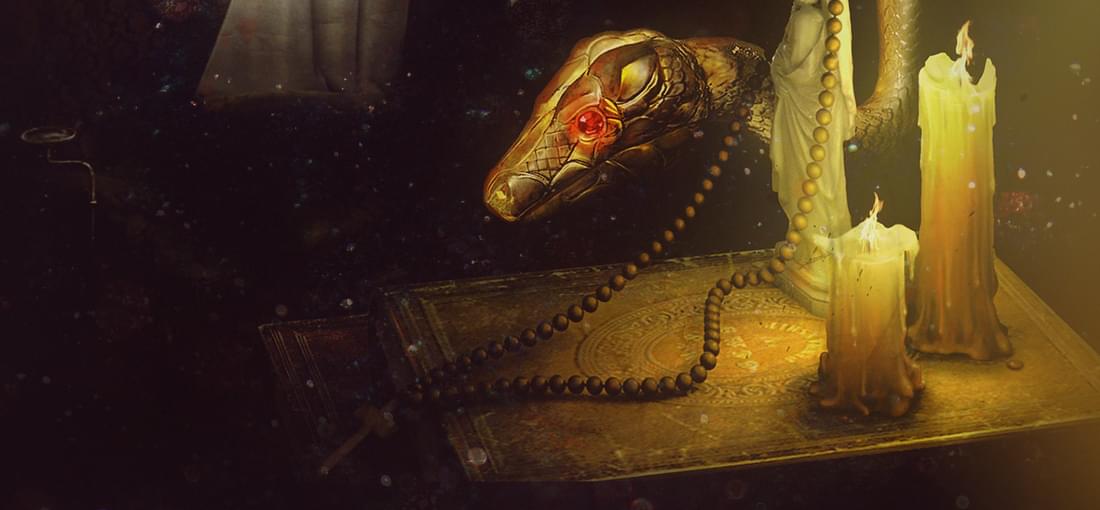
I was on the fence about buying this remake, because some of the early reviews by web critics were harsh. Well, I'm glad I ignored them and played the game for myself, because it's great and I enjoyed it a ton. The most important thing about this game is...that good writing doesn't age. Gabriel Knight had a great script and compelling characters in 1993, and none of that has changed in 2014. Some reviewers have complained that Knight's character is politically incorrect and jerky, but to me this is a strength of the game; he's more like a real person than a squeaky-clean superhero. Meanwhile, the supporting cast is great and the plot unfolds in a very compelling way. So, five stars for the writing then. And I have no problem with the technical aspects of this game either. The graphics are a big step up from the original version. Some reviewers have claimed that the VGA graphics of the 1993 game are superior, but that's a deeply nostalgic point of view that I can't agree with. To me, the remake shines because it makes New Orleans look more like the real N'awlins. And characters who were blobs of pixels in the original now look like people. How is this not an improvement? Meanwhile, the soundtrack - which was always awesome - sounds even better in its remastered version. I don't even mind the new voice actors. Yes, Tim Curry and Mark Hamill are gone. In their place, we have perfectly competent new actors who underplay their delivery a bit more. I don't mind this change a bit. In fact, the new actors might even be better because they're less hammy. Really, the only downsides to the new version are a couple of minor glitches. Twice while I was playing, Gabriel walked through "solid" objects. And one of my save game names got scrambled. To me, these are minor teething troubles for a newly released game. And I made it through the whole thing without more serious obstacles popping up. In short - it's great. Maybe better than the original, or at least, just as good.